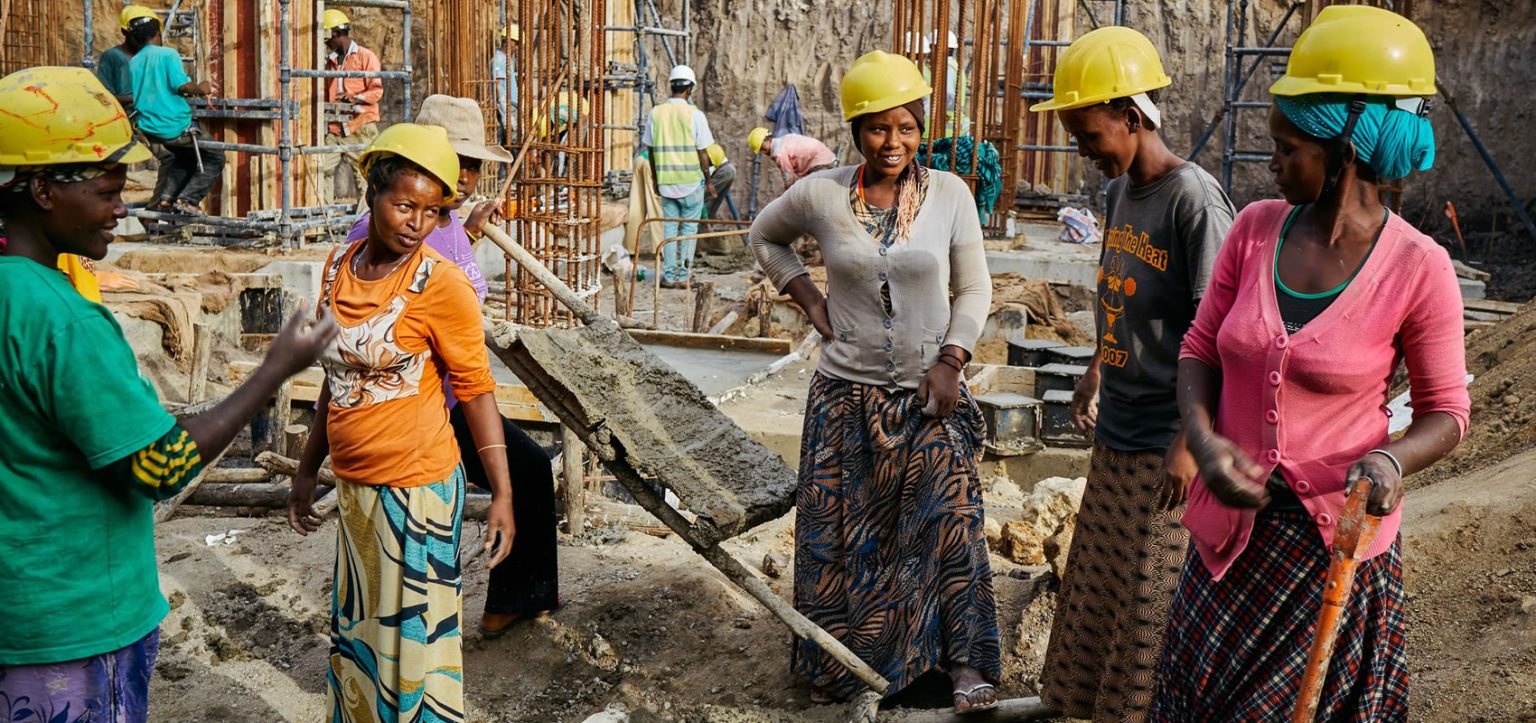African nation's like Rwanda are investing in top-notch ICT systems Industrialization in Africa is yet a challenge being tackled by most economies Despite the pandemic hitting global economies several African nations stood strong Follow the numbers they say, if one wants to understand how Africa can go beyond the typical growth trajectory that does not
[elementor-template id="94265"]
